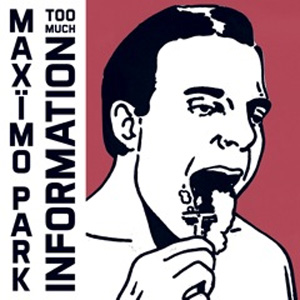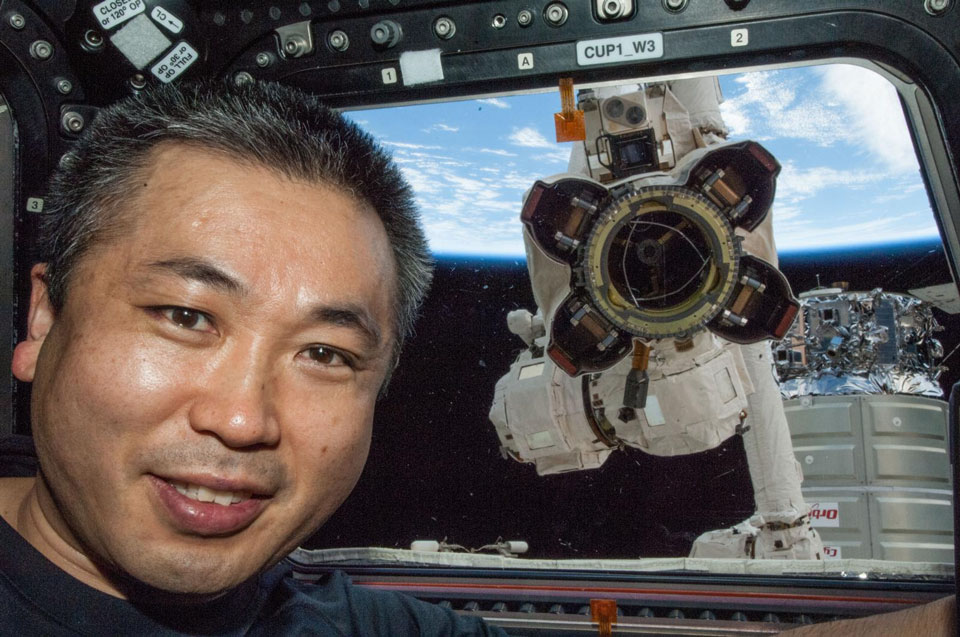Special Issue Editors
Kenton O’Hara (Microsoft Research)
Abigail Sellen (Microsoft Research)
Juan Wachs (Purdue University)
Bart Jansen (University of Brussels)
Recent technical developments in sensing and tracking the human body and and its motions have sparked huge interest in healthcare domains. New interaction techniques promise to transform key aspects of healthcare practice for both diagnosis and treatment. Developments in sensing capabilities and machine learning open up rich possibilities for tracking and analysing the body’s form and movement. Alongside established optoelectronic sensing, in which machine readable markers are placed on the patient’s body, marker-free computer vision technologies (e.g., Kinect) have made body tracking cheaper and more practical. In addition, sensors such as accelerometers, gyroscopes, and ultrasonics offer new opportunities for how body form, motion, and orientation can be understood.
These body-tracking technologies are already being explored in both patient- and clinician-oriented applications. They are being deployed in diagnosis and ongoing assessment of motor impairment conditions such as Multiple Sclerosis. Research is examining their use in rehabilitation of movement disorders arising from injury or other conditions. Within the operating theatre, touchless gesture recognition enables clinicians to interact with medical images without compromising sterility. Other augmented-reality research explores how cameras and projectors can be used to superimpose medical images on the patient enabling clinicians to view inside the body in relation to external anatomical features.
These systems raise important research questions that are central to the concerns of Human-Computer Interaction, from the development of new forms of interaction to the understanding of emerging practices with these systems in clinical contexts.
This special issue will bring together original research exploring HCI concerns of body form and motion tracking in healthcare including: surgery, patient diagnosis, assessment, rehabilitation, and other forms of clinical intervention. It will also address the effect of these new technologies on existing clinical and treatment practices.
Research topics include:
- Novel applications of body tracking for assessment, rehabilitation, and diagnosis of particular clinical conditions.
- New interaction techniques with clinical relevance enabled by these technologies.
- Studies of collaborative practices in clinical contexts with such systems, changes in clinical practices they enable, and challenges for existing clinical practice arising from their deployment.
- Specific modeling methods and considerations that are required for successful body tracking technologies in relation to specific clinical requirements (e.g., skeletal models and smoothing of dynamic data for motion).
Papers exploring other issues arising from the design and deployment of these new techniques are also welcome.
Timeline
Proposals due: May 30, 2014
Response to authors: July 4, 2014
Full papers due: October 31, 2014
Reviews to authors: January 30, 2015
Revised papers due: March 27, 2015
Reviews to authors: June 5, 2015
Final papers due: July 3, 2015
Submissions
To help authors align their research to the theme of this special issue, we encourage potential authors to submit proposals for papers. Proposals should be about 1000 words and provide a clear indication of what the paper is about. Proposals will be evaluated for relevance to the special issue theme, and guidance will be given. Both proposal and full paper submissions should be submitted to the HCI Editorial site (mc.manuscriptcentral.com/hci). Follow the guidelines and instructions for submissions on the site. There is a place on the submission site to note that your submission is for this special issue. Special Issue submissions will be peer reviewed to the usual standards of the HCI journal.
Kenton, Abi, Juan and Bart
~~~~~~~~~~~~~~~~~~~~~~~~~~~~~~~~~~~~~~~~~~~~~~~~~~~~~~To join or leave the Caring Technology Research Announcement List, go tohttp://www.jiscmail.ac.uk/caring-tec-research~~~~~~~~~~~~~~~~~~~~~~~~~~~~~~~~~~~~~~~~~~~~~~~~~~~~~~Announcement archives:http://www.jiscmail.ac.uk/lists/Caring-Tec-Research.html








